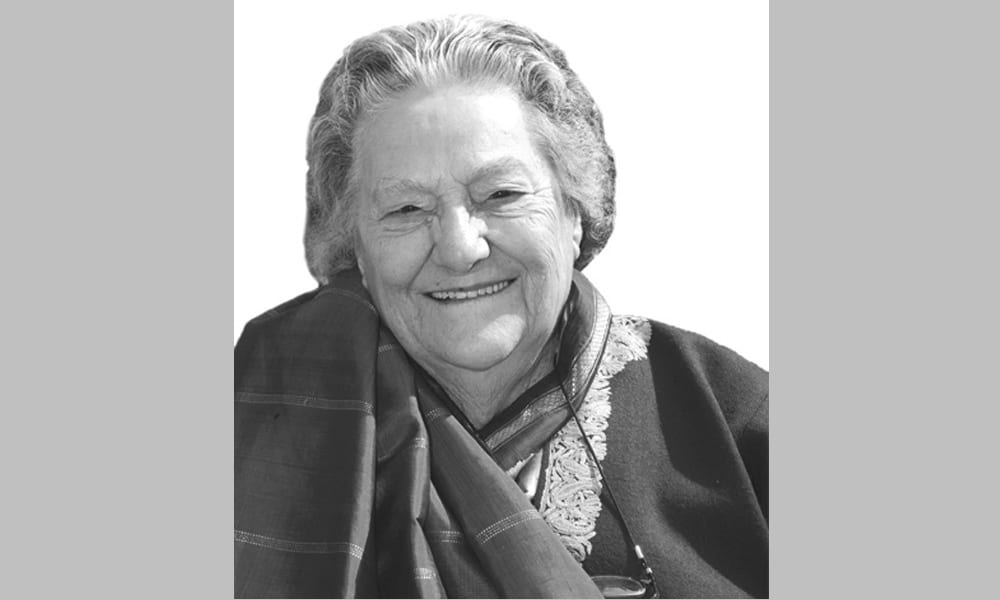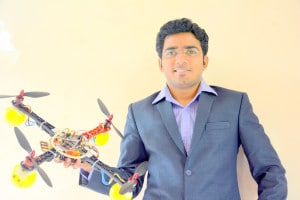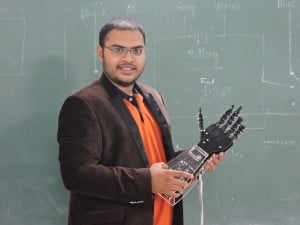
Chairman of the Board of Directors and Director General of KHDA
Dubai’s private education landscape has grown rapidly in the recent years. Extending new opportunities to investors, parents, students and teachers, Dubai’s Knowledge and Human Development Authority (KHDA) has redefined the private education sector. From helping schools collaborate better by showing them ‘What Works’ to providing more choice to parents through school inspection reports – KHDA has transformed education in Dubai for good.
Dr Abdulla Al Karam, Chairman of the Board of Directors and Director General of KHDA, has led the education sector in Dubai over the last decade. In an interview with Dr Ravi Gupta, Editor-in-Chief of digitalLEARNING magazine, Dr Abdulla shares his ideas for a more inspiring educational future. Here are the excerpts:
Dubai has focused on building a quality-driven education system. How do you stay relevant in the constantly changing times?
Dubai’s greatest asset is the diversity of its education landscape. We have 17 different education systems, which reflect the best from America, the UK, Japan, Russian, Canada, India and many other countries. We have always looked to build upon this diversity, which has helped increase happiness in Dubai. Diversity connects people better, and greater the diversity of schools, the better the performance of an education system.
What is the road ahead for KHDA and education in Dubai?
A national agenda has been set for 2021 and the target for education is quite ambitious. Over the last eight years, Dubai schools have seen continuous improvement, be it in terms of inspections or assessments. If we hope to achieve the goals outlined in Vision 2021, we need to push the linearity of the graph exponentially. Our focus has always been on helping schools perform better. To do this, we have been giving them feedback on their educational outcomes rather than disrupting their input, i.e. the educational content, school infrastructure, teacher recruitment policies and the likes. This is where happiness and wellbeing work as contributors in shaping a new dimension in education. What we expect from schools is consistently good performance while creating a balance in the school culture with happiness, wellbeing and growth of students at the core of their learning.
Our focus has always been on helping schools perform better…we have been giving them feedback on their educational outcomes rather than disrupting their input, i.e. the educational content, school infrastructure, teacher recruitment policies and the likes. This is where happiness and wellbeing work as contributors in shaping a new dimension in education
What are your views on the changing trends in education?
Education has always been geared towards bringing out the best in people. Today, people live in better homes, eat better and have their basic needs met. We live in the best of times and the overall human standard of living has seen remarkable improvement over the last few decades. All these developments have had a net effect on education, because today’s generation no longer has the same challenges or aspirations.
Education today is not just about providing information and educating the mind; it is a lot more than that. Educators face the challenge of meeting the needs of a generation, who are growing up in an age of information and access to content. There is also an element of emotional and physical wellbeing, which is increasingly linked to education.
Lastly, can you share more about KHDA’s office and its belief in wellbeing and happiness? How did this transition take place?
Getting the commitment of people is never an easy task. At KHDA, the happiness of our employees is a priority for us and we want our people to be committed and engaged while being happy at work. Five years back, we started our first initiative with a happiness survey asking them one simple question – “Are you happy?” When someone asks about your happiness for the first time, you actually feel happy about it. People could see their happiness scores, which marked a starting point. Since then, we have kept doing this survey every six months. This is a serious proposition for any business, because if your people are happy, then your customers are happy, too.



































